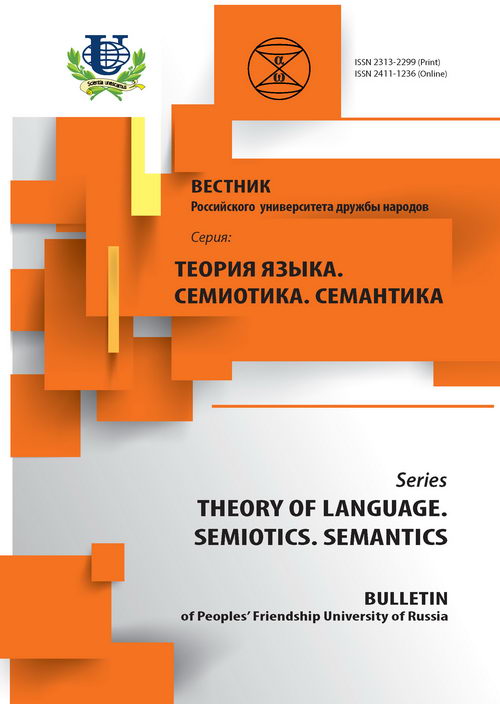Shedding Some Light on Modulation across Non-Literary and Literary Translation
- Authors: Bednárová-Gibová K.1
-
Affiliations:
- Institute of British and American Studies
- Issue: No 2 (2015)
- Pages: 61-69
- Section: ARTICLES
- URL: https://journals.rudn.ru/semiotics-semantics/article/view/7513
- ID: 7513
Cite item
Full Text
Abstract
Modulation is well-known in translation studies as an oblique translation technique that commonly entails a variation of the form of the message, obtained by a change in the point of view. Being looked upon as a touchstone of an apt translator, both by practitioners as well as ‘Ivory Tower’ scholars, the paper looks at this semantic-pragmatic procedure resting on a shift of cognitive categories between English and Slovak in translation. The nature of modulation will be put to the test on the samples of an EU institutional-legal text (non-literary text) and a novel excerpt from William P. Young’s best-selling novel The Shack (literary counterpart). The author will both compare and classify the incidence of modulation in the selected text types and draw relevant conclusions. The analysis outcomes will contribute to solving partial translation problems encountered in a wide range of non-literary and literary texts.
About the authors
Klaudia Bednárová-Gibová
Institute of British and American Studies
Email: klaudia.gibova@gmail.com
References
Supplementary files












